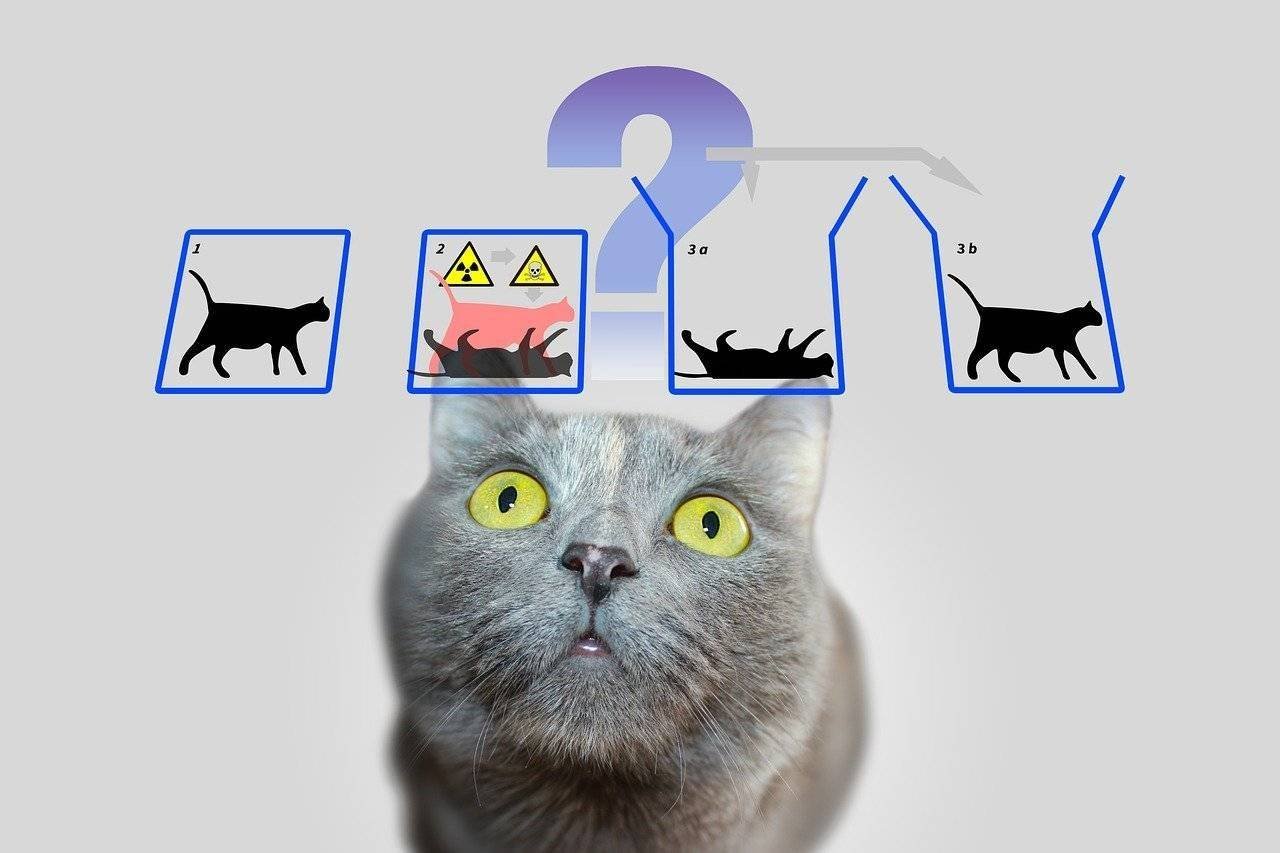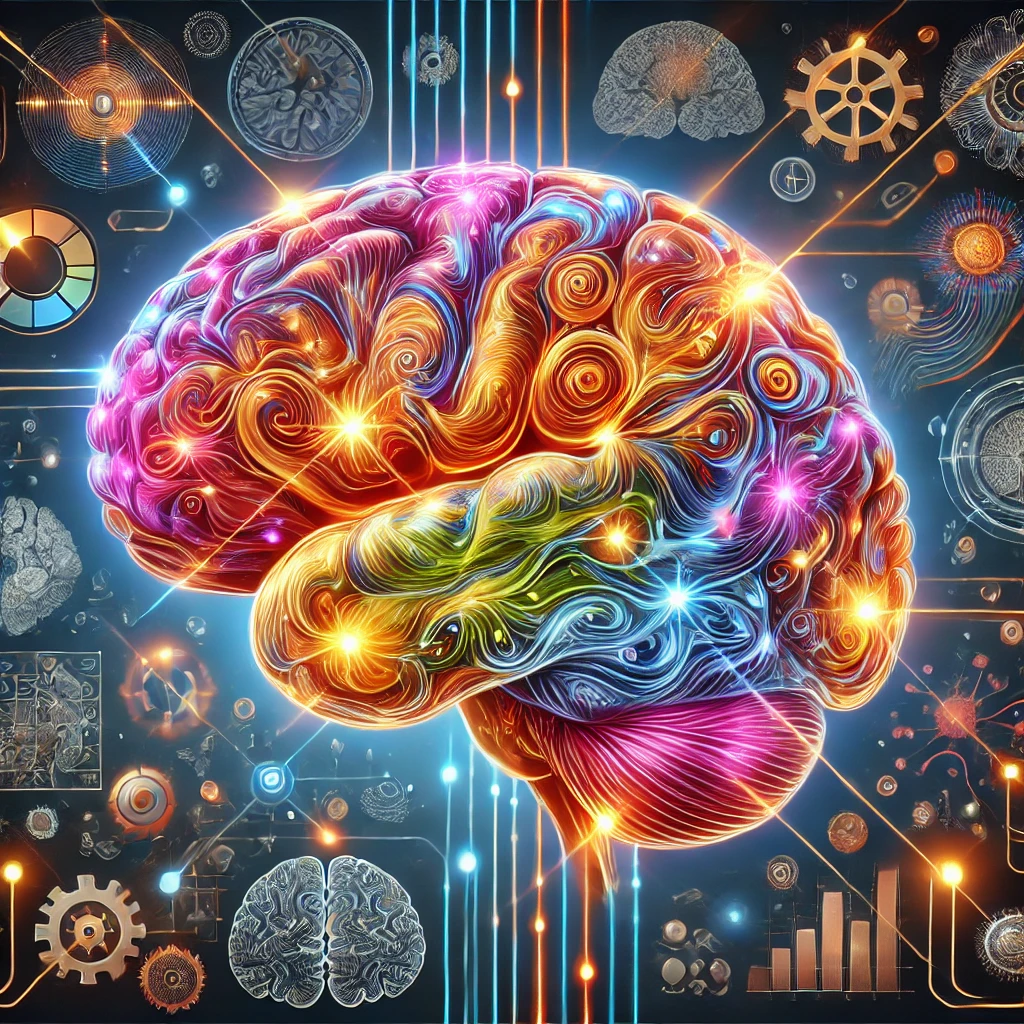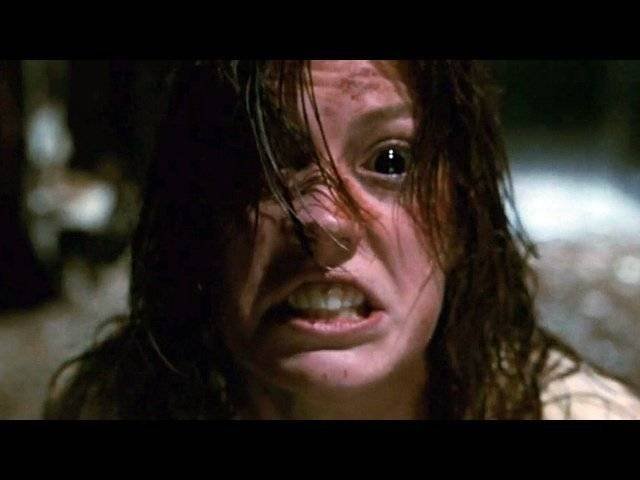Imagine a world where up is down, black is white, and a statement can be both true and false at the same time. No, this isn’t a scene from a dream (although paradoxes can feel that way sometimes). Welcome to the fascinating realm of paradoxes, those mind-bending puzzles that challenge our assumptions and force us to re-evaluate our understanding of the world. These seemingly contradictory statements aren’t mere riddles; they can be powerful tools for philosophical exploration, scientific discovery, and even humor. So, grab your metaphorical magnifying glass and prepare to delve into the paradoxical playground!
What is a Paradox?
At its core, a paradox is a statement or situation that appears self-contradictory or logically impossible. It presents us with two seemingly opposing ideas that somehow coexist, creating a sense of intellectual discomfort. Paradoxes can be verbal, like the classic “I am lying,” or situational, like the irresistible object encountering the immovable force. Imagine a statement so contradictory that it seems to break the very rules of logic and language – that’s the essence of a paradox.
Examples to Twist Your Mind:
Now, let’s get down to some real mind-benders! Here are a few classic paradoxes that will have you questioning everything you thought you knew:
- The Allusion Paradox: This paradox, attributed to the philosopher Epimenides, goes: “All Cretans are liars. Epimenides was a Cretan.” If Epimenides is a liar, then his statement about all Cretans being liars must be false. But if his statement is false, then Cretans can be truthful, which contradicts his initial claim. Ouch! This paradox highlights the dangers of self-referential statements and the potential for language to twist itself into knots.
- Zeno’s Paradoxes of Motion: This ancient Greek thought experiment presents a series of challenges to the idea of motion. In one paradox, Zeno argues that an object can never reach its destination because it must first traverse half the distance, then half of the remaining distance, and so on infinitely. This seemingly logical argument contradicts our everyday experience of motion, leaving us to ponder the nature of infinity and divisibility. Zeno’s paradoxes forced mathematicians and philosophers to grapple with the complexities of motion and paved the way for the development of calculus centuries later.
- The Prisoner’s Dilemma: This famous game theory scenario presents a paradox of cooperation. Two prisoners are offered a choice: betray their partner and get a reduced sentence, or remain silent and face a harsher outcome together. The “rational” choice seems to be betrayal, yet if both prisoners choose that path, they both end up worse off. This paradox highlights the tension between individual and collective well-being, and the challenges of achieving cooperation in a world where self-interest seems to prevail.
These are just a few examples, but the world of paradoxes is vast and ever-expanding. From the philosophical (“Can a thought exist without a thinker?”) to the mathematical (“What happens when you add infinity to infinity?”), paradoxes exist to challenge our preconceived notions and push the boundaries of our understanding.
Beyond the Mind Maze: The Power of Paradox
Paradoxes aren’t just intellectual curiosities; they can be powerful tools for discovery and innovation. By exposing the limitations of our current understanding, they can lead us to question our assumptions and explore new possibilities.
- In Science: The discovery of quantum mechanics, which describes the behavior of the very small, arose out of paradoxes encountered in classical physics. The wave-particle duality of light, for example, defied traditional categorization and forced scientists to rethink the nature of reality. Paradoxes in physics challenged the status quo and ultimately led to a deeper understanding of the universe.
- In Philosophy: Paradoxes have been used for centuries to explore fundamental questions about truth, knowledge, and existence. The paradox of free will, for instance, asks how we can be free if our actions are predetermined. While it may not offer definitive answers, it compels us to grapple with complex philosophical concepts and consider different perspectives on the nature of choice and responsibility.
- In Literature: Paradoxes can add depth and intrigue to stories. Think of Shakespeare’s “To be or not to be” or Oscar Wilde’s “The truth is rarely pure and never simple.” These paradoxical statements reveal the complexities of human experience and challenge readers to think critically about the characters and their motivations. Paradoxes can add layers of meaning and ambiguity to narratives, leaving readers to ponder the true nature of reality presented within the story.
The Art of the Paradoxical Question
Paradoxes can also be used to ask questions that provoke deeper thinking and spark creativity. Here are a few paradoxical questions to ponder:
- Can chaos lead to order? Evolution, for instance, thrives on random mutations, yet ultimately leads to increasingly complex and organized life forms. This paradox challenges us to think beyond simple cause-and-effect relationships and consider the possibility of order emerging from disorder.
- Can knowledge be truly objective? Our experiences and biases inevitably shape our understanding of the world. This paradox highlights the subjectivity of knowledge and the challenges of achieving complete objectivity. Yet, it also compels us to strive for understanding and to consider different perspectives.
- Is silence a sound? Silence, by definition, is the absence of sound. But can complete silence truly exist? The faintest hum of machinery or the constant hiss of background noise challenges the notion of absolute silence. This paradox forces us to consider the very nature of sound and the limitations of human perception.
- Can you save something by destroying it? Controlled burns can prevent catastrophic wildfires, and culling a herd can protect it from disease. These examples highlight the potential for destruction to be a form of preservation. This paradox prompts us to consider the complex relationship between destruction and creation, and the importance of context in understanding actions.
- If a tree falls in a forest with no one around to hear it, does it make a sound? This classic thought experiment delves into the nature of perception and the relationship between sound and consciousness. Does sound exist independently of a listener? This paradox challenges us to question our assumptions about reality and the role of observation in shaping our understanding of the world.
The Paradoxical You: Embracing the Duality
We all embody paradoxes ourselves. We are both rational and emotional, strong and vulnerable, hopeful and cynical. Embracing these contradictions can lead to a more nuanced understanding of ourselves and others. Perhaps the true paradox is the pursuit of absolute consistency in a world that thrives on change and complexity. Our personalities, beliefs, and behaviors are a constant interplay of opposing forces.
Consider the paradox of the “fixed mindset” versus the “growth mindset.” A fixed mindset believes intelligence and talents are set, while a growth mindset embraces the potential for learning and development. Both mindsets can be valuable in different situations. The paradox highlights the importance of flexibility and adaptability in navigating the complexities of life.
So, the next time you encounter a seemingly contradictory statement, don’t dismiss it as nonsense. Embrace the paradox! It might just be the key to unlocking a new way of thinking, a deeper understanding of the world, or even a good laugh. Paradoxes can be frustrating, mind-bending, and downright infuriating at times. But that’s precisely what makes them so valuable. They push us beyond the boundaries of our comfort zone, forcing us to re-evaluate our assumptions and explore new possibilities. In the paradoxical playground, logic takes a twist, and the journey of discovery never truly ends.



